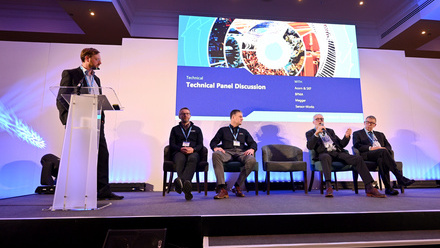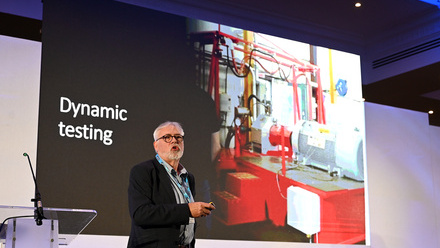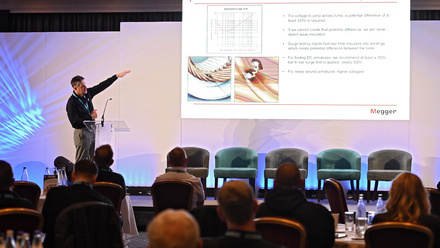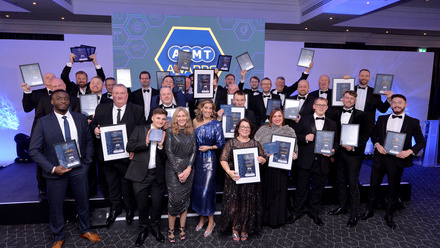Generative Artificial Intelligence Enhances Predictive Maintenance
siemens has added a new generative artificial intelligence (AI) functionality into its predictive maintenance solution – Senseye Predictive Maintenance. This advance makes predictive maintenance more conversational and intuitive. Through this new release of Senseye Predictive Maintenance with the added generative AI functionality, Siemens aims to make human-machine interactions and predictive maintenance faster and more efficient by enhancing proven machine learning capabilities with generative AI.
SYNERGY
Senseye Predictive Maintenance uses AI and machine learning to automatically generate machine and maintenance worker behaviour models to direct users’ attention and expertise to where it’s needed most. Building on this proven foundation, a generative AI functionality is being introduced that will help customers bring existing knowledge from all of their machines and systems out and select the right course of action to help boost efficiency of maintenance workers.
Currently, machine and maintenance data are analysed by machine learning algorithms, and the platform presents notifications to users within static, selfcontained cases. With little configuration, the new conversational user interface (UI) aims to bring a new level of flexibility and collaboration to the table. It facilitates a conversation between the user, AI, and maintenance experts, streamlining the decision-making process and making it more efficient and effective.
“The innovative generative AI functionality from Siemens will help to accelerate our efforts to scale knowledge sharing across our global teams and will continue to support our digital transformation strategy, ” said Colin Robertson, Digital Transformation Manager at BlueScope, an Australian steel manufacturer which plans to make use of the new generative AI capability.
FROM PREDICTIVE TO PRESCRIPTIVE
In the app, generative AI can scan and group cases, even in multiple languages, and seek similar past cases and their solutions to provide context for current issues. It is also capable of processing data from different maintenance software. For added security, all information is processed within a private cloud environment, safeguarded against external access. Additionally, this data will not be used to train any external generative AI. Data doesn’t need to be high-quality for the generative AI to turn it into actionable insights. With little to configure, it also factors in concise maintenance protocols and notes on previous cases to help increase internal customer knowledge. By better contextualising the information at hand, the app is able to derive a prescriptive maintenance strategy.
DRIVING PRODUCTIVITY
For Siemens, introducing generative AI into predictive maintenance isn’t just about enhancing the technology; it’s about driving tangible benefits for manufacturers. By enabling faster and easier maintenance decisions, it increases productivity, promotes sustainability, and accelerates digital transformation across the entire organisation. It also addresses skills shortages in the industry, because it captures and resurfaces expert knowledge from the aging workforce. In doing so, it empowers less-experienced shop-floor employees, making them more efficient and effective in their roles.
“By harnessing the power of machine learning, generative AI, and human insights, we’re taking Senseye Predictive Maintenance to the next level. The new functionality makes predictive maintenance more conversational and intuitive – helping our customers to streamline maintenance processes, enhance productivity and optimise resources. This marks an important milestone in countering skill shortages and supporting our customers’ digital transformation, “ explained Margherita Adragna, CEO of Customer Services for Digital Industries at Siemens AG.






